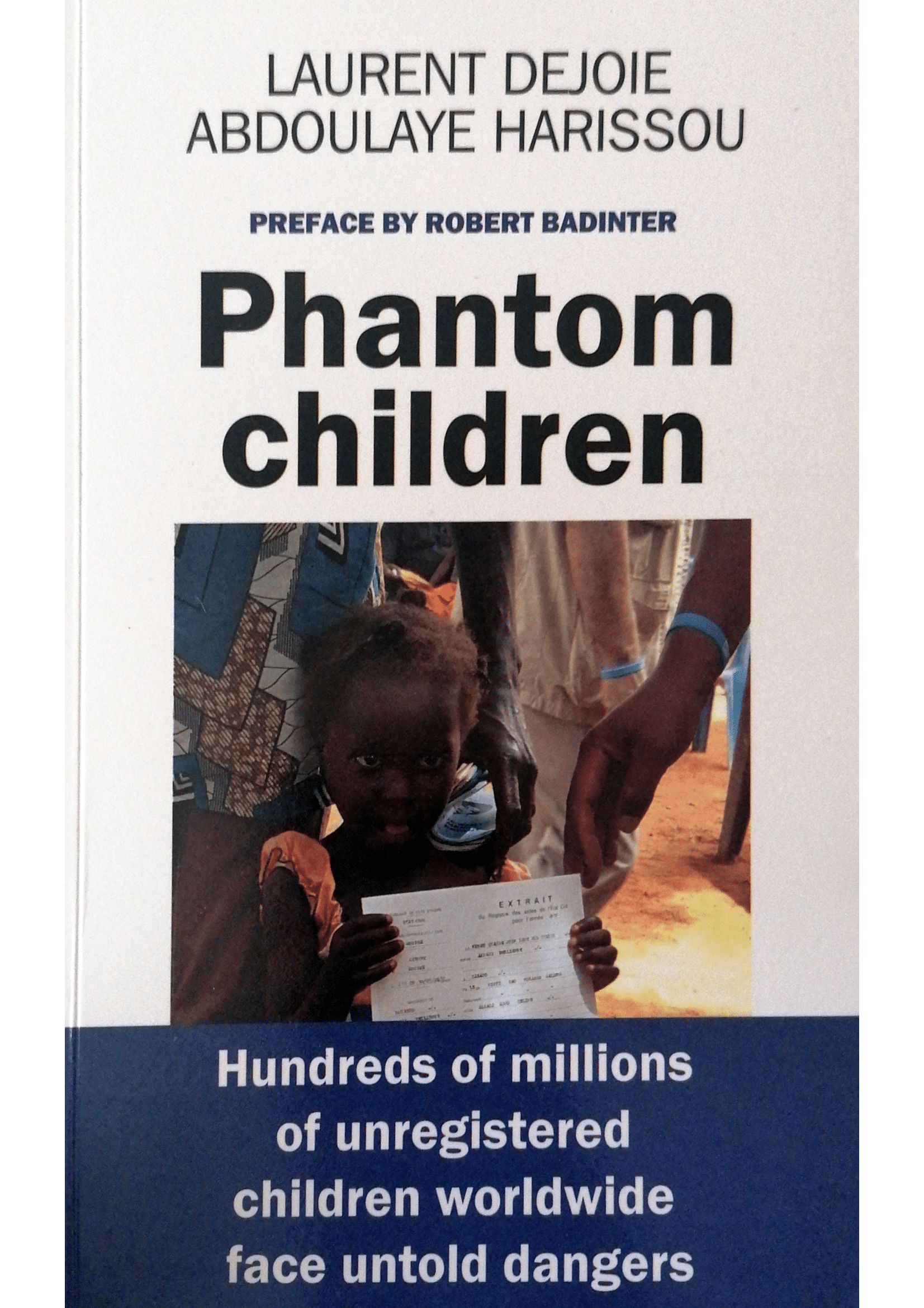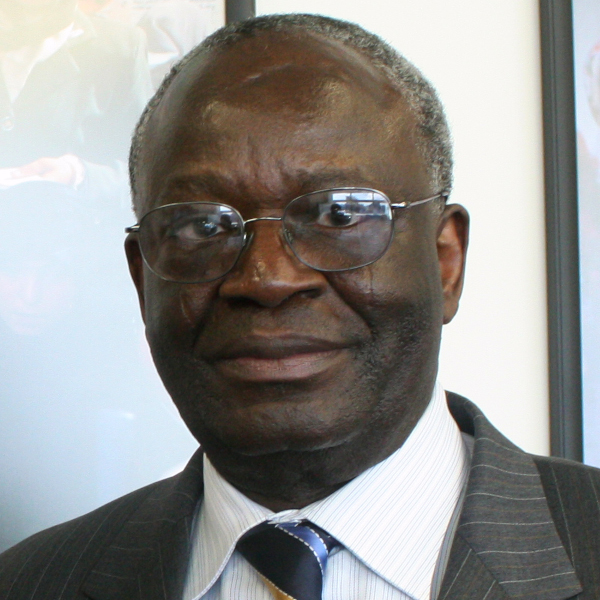uiafrica
THE UIAFRICA FUND
A non-profit organisation of general interest under the auspices of the King Baudouin Foundation.
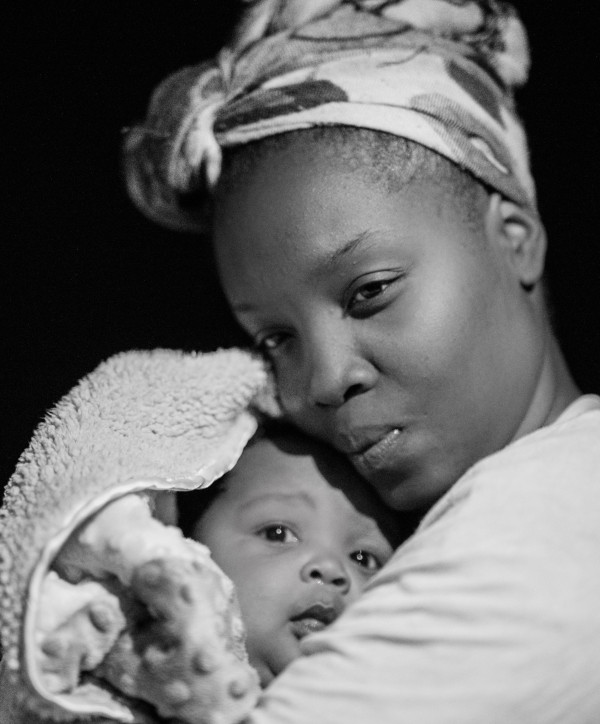
Our vision
To give every new-born a chance to become a full citizen, so that every new birth becomes a chance for that child, his family and his country.
Our mission
Create a culture of registration shared by all stakeholders: from parents to the State.
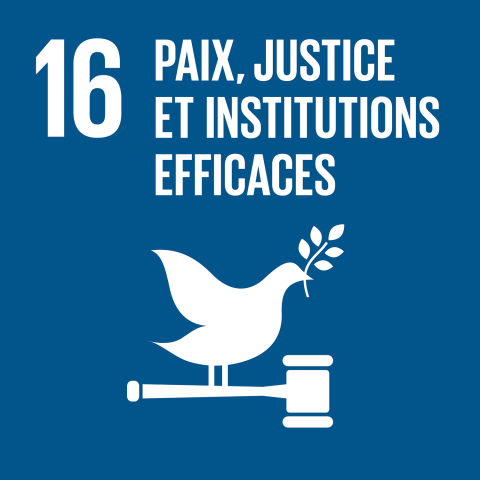
Our mission is part of:
The Sustainable Development Goals. Goal 16, target 9, states that « By 2030, a legal identity for all should be insured, in particular through birth registration;
The Decade for Repositioning Vital Registration and Vital Statistics in Africa (2017-2026).
Our mission is revolves around 5 axes :
To confer a legal existence, from the birth of the child, by promoting the adoption of incentive legislation ;
Support States in advocacy and awareness-raising campaigns in favour of the declaration of births, the issue of birth certificates and the identification of children;
Mobilize, alongside the civil registry and local communities, the social actors closest to the populations: health workers, traditional leaders, religious authorities, community organizations, women’s associations, education personnel, etc.;
Popularize the problem to the populations through prevention campaigns;
Research for the most effective measures possible upstream, using new information technologies in order to eliminate undeclared births in the medium and long term.
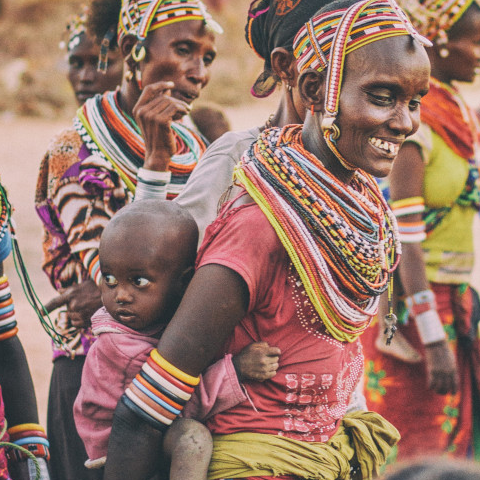
Our governance
Our goals
Promote birth registration with states and local communities in sub-Saharan Africa.
Make the process encouraging, joyful, a source of reward and create emulation in making your child a full citizen.
Taking charge of, or participating, in the financing of local initiatives and actions.
Create a platform to give visibility to all actors and actions.
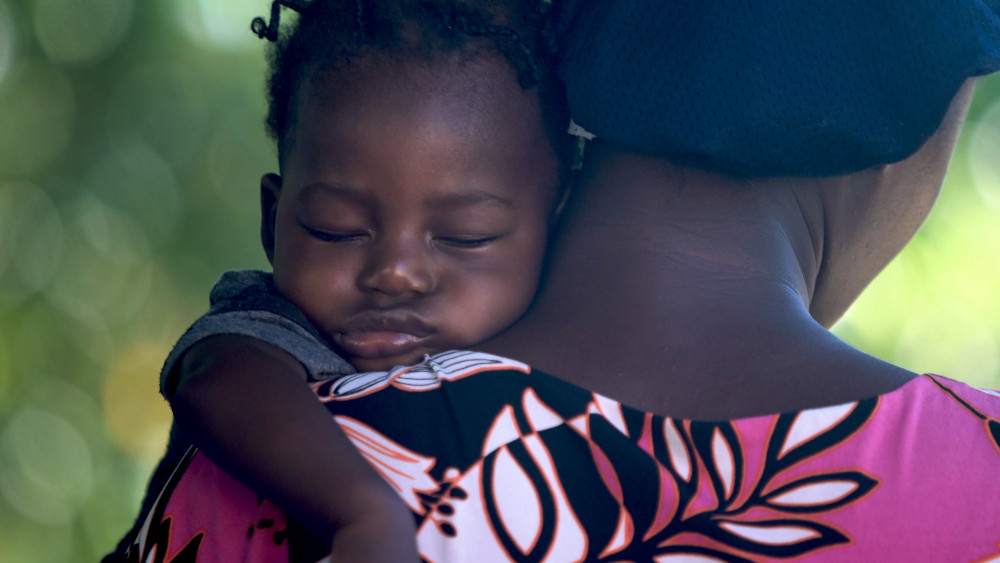
Phantoms, invisible, paperless, without status – these are the qualifiers usually used to describe children who do not have legal existence because they have not been declared or legally registered at birth.
Deprived of a formal identity and therefore of the quality of citizen and of a verifiable nationality, there are hundreds of millions of people in the world in general to live this situation, and in Africa in particular. They have no legal existence, for lack of an indisputable civil status and the official status that this implies.
These children of Africa have faces. They look at us and ask us to be concerned about their future and, above all, to change its trajectory. It is up to us to tell them if we are capable of doing so.
Albert Einstein, Nobel Prize holder in Physics, once said that the world is dangerous to live in, not because of those who do evil but because of those who watch and let it happen.
Phantom children
Editions Albin Michel, 2014
There are hundreds of millions of them worldwide – in Africa, Asia, but also in
Europe. Deprived of one of the most basic human rights – a recognised identity – they simply do not exist in the eyes of their country’s administrative authorities.
Because they were not registered at birth – because it was too complicated or too expensive, because they lived in a remote location or were caught up in border wars or ethnic conflicts – these so-called “phantom children” have no future and are prey to trafficking and the most sordid forms of abuse.
But there are men and women fighting to stop the scandal and there are solutions, some which are very simple to implement. Laurent Dejoie and Abdoulaye Harissou, from the Francophone Association of Notariat francophone (ANF), are committed to promoting registration in developing countries. They describe the measures taken to ensure that children around the world have the right to an identity. Their efforts are underpinned by a Unicef campaign and supported by Robert Badinter, who explains the urgency of the situation in his preface.
